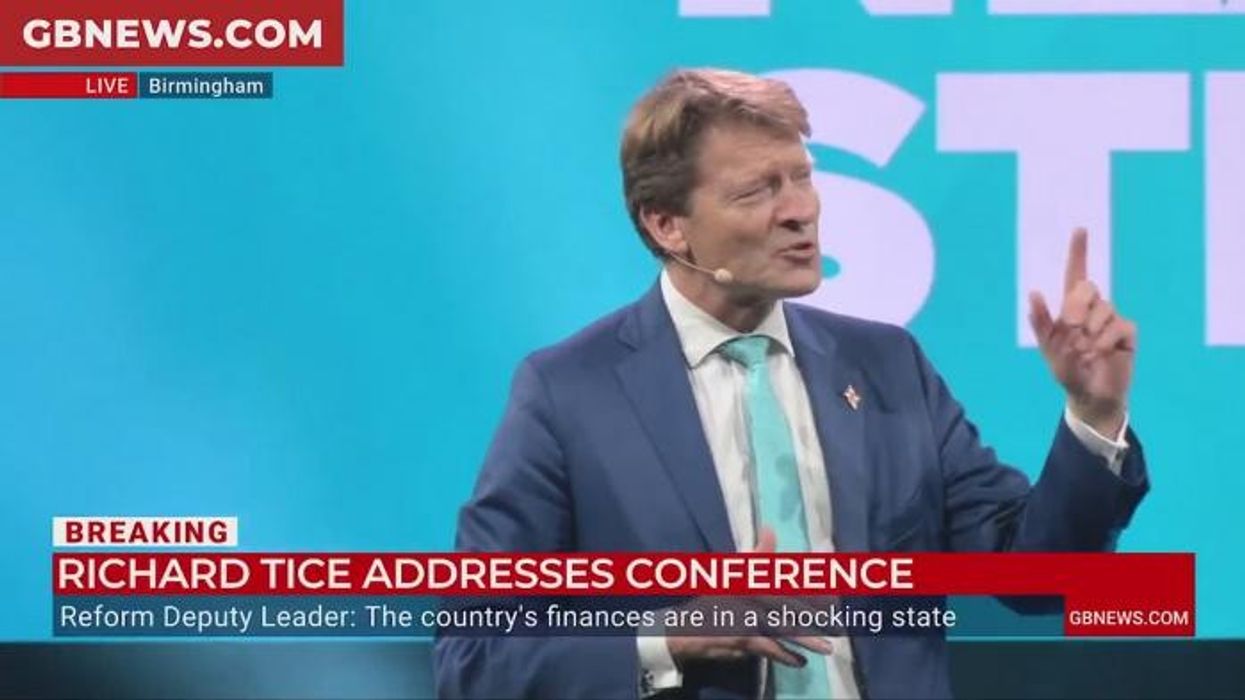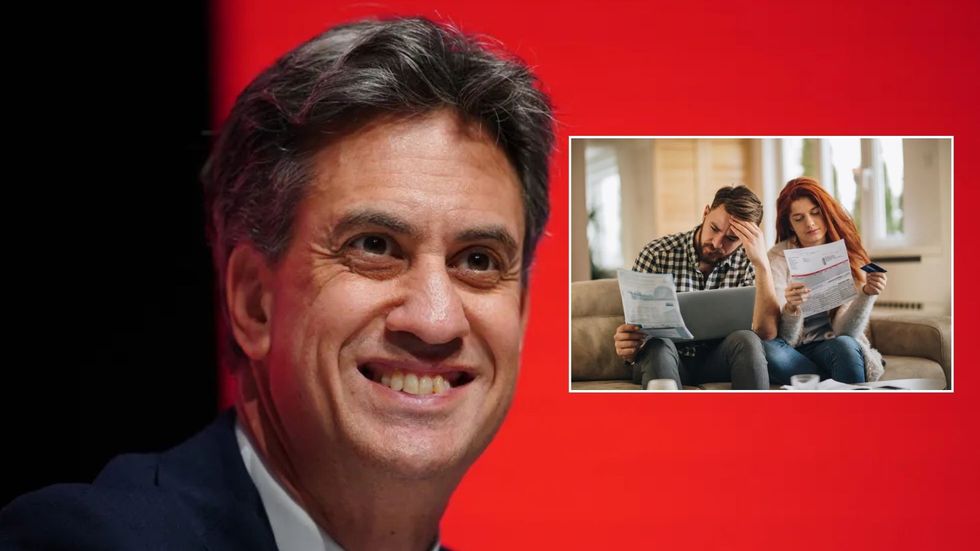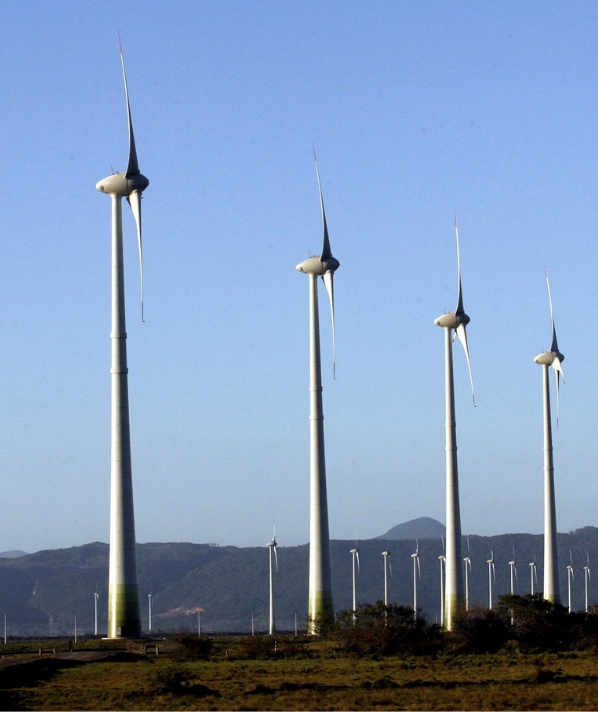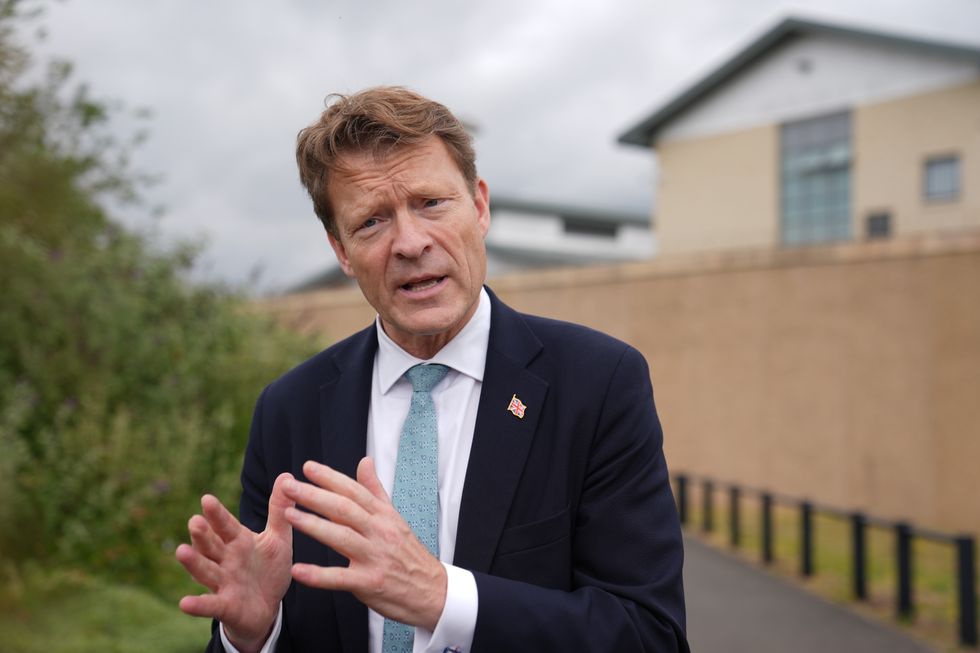Net Zero slammed as target set to 'add £100 to energy bills from April’

Richard Tice slams 'con' net zero policies |
GB News

Cornwall Insight warns families will see higher bills as major green projects drive up costs
Don't Miss
Most Read
Latest
British households are set to see energy bills rise by £100 from April as the costs of the nation’s Net Zero infrastructure programme filter through to consumers, energy consultancy Cornwall Insight has warned.
The increase stems from large-scale green transition projects needing heavy investment. These include connecting new wind and solar farms to the grid, building Sizewell C nuclear power station in Suffolk, and upgrading ageing gas distribution networks.
Do you have a money story you’d like to share? Get in touch by emailing money@gbnews.uk.
The forecast will be unwelcome news for families already battling higher household costs.
Cornwall Insight said April’s rise will be the first of several, with bills expected to climb further as new pylons, underground cabling and electrical substations are rolled out across the country.
Craig Lowrey, principal consultant at Cornwall Insight, said: "First we need to lay the foundations. There are a lot of costs involved in the transition.
"Rising energy bills are never welcome, and this latest view of transmission charges – although only indicative – will add yet another cost to the long list of pressures on household finances."
TRENDING
Stories
Videos
Your Say
Cornwall Insight identified three main drivers behind the £100 rise in annual bills.
- Grid connections for renewables – Each new wind farm and solar installation requires costly work to integrate with existing infrastructure and ensure reliable transmission.
- Sizewell C nuclear construction – The Suffolk project will provide low-carbon baseload power but demands billions in investment, to be recovered through consumer bills.
- Gas network upgrades – Despite the Net Zero push, gas remains a key part of the energy mix during the transition, requiring essential modernisation of old infrastructure.
The consultancy warned that April’s increase is only the start, with further rises expected as transmission projects accelerate.

Ed Miliband is overseeing the creation of GB Energy
|PA/GETTY
This casts doubt over Energy Secretary Ed Miliband’s promise to cut household bills by £300 before 2030.
The pledge, made during the election campaign and repeated last month, looks increasingly hard to deliver in light of Cornwall Insight’s latest forecast.
Instead of savings, households now face extra costs that directly contradict government assurances about the financial benefits of green policies.
The £100 rise expected in April underscores the immediate reality that the shift to renewables carries upfront costs for consumers, even if long-term benefits remain.

The current focus is on renewables
| Getty/ ReutersThe political challenge for the Government is stark.
Ministers must balance environmental commitments with the burden placed on households, as the cost of delivering Net Zero collides with already stretched budgets.
Analysts say the tension between ambitious climate targets and short-term affordability will only intensify.
For now, millions of households are bracing for higher bills as the foundations of Britain’s green energy transition are laid.
LATEST DEVELOPMENTS:

Reform UK deputy leader Richard Tice has previously branded the target as 'net stupid zero', and pledged to scrap the policies
| PAReform UK deputy leader Richard Tice has previously branded the target as 'net stupid zero', and pledged to scrap the policies.
At the recent Reform UK conference, Mr Tice said: "The penny is dropping with people. Contrary to what they said - the bills are going up, not going down.
"The jobs are being destroyed, they're not being created. Industries are being destroyed right in front of our very eyes, and it is absolutely disgraceful."
He went on to accuse the Government of "ideological stupidity", alluding to Lindsey Oil Refinery in Lincolnshire as a place jobs were being sacrificed at the alter of Net Zero.
More From GB News










